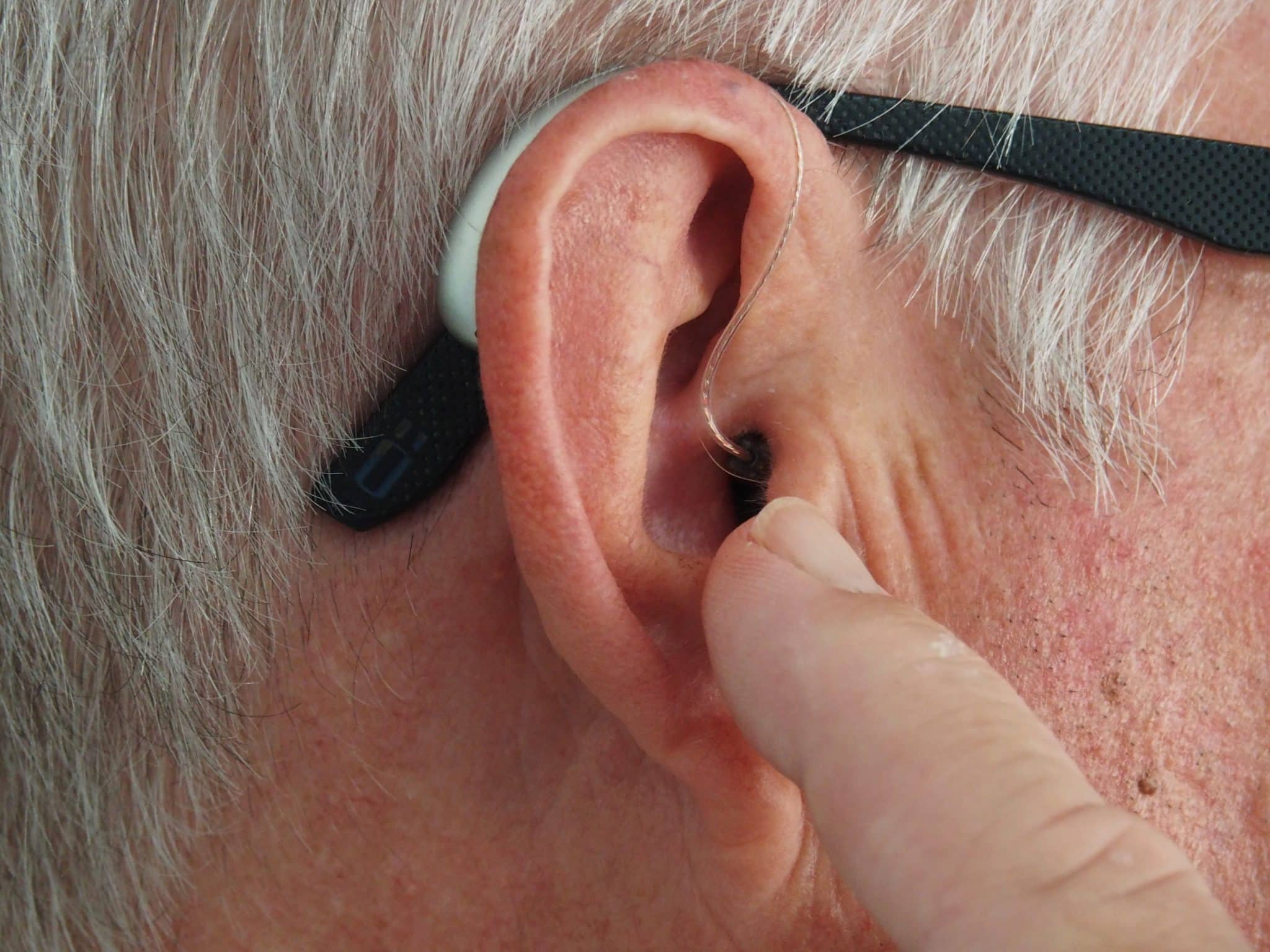Are you up to date on the many ways to help manage and minimize your hearing loss? Find out the newest scientific developments in hearing loss devices and treatment!
Time has reined in different forms of hearing loss technology that can act as an alternative to or supplement for hearing aids. New hearing loss innovations include:
Hearing Loss and Ear Pain: Research from Northwestern University
Researchers from Northwestern University have found that humans have a natural defense against sustaining
hearing loss. Like the burning sensation we feel when touching a hot stove with bare hands, ears have their own system of telling us when our bodies are in danger.
The Urge to Plug Your Ears
It is comparable to the immediate urge we have to plug our ears when confronted with a loud, potentially harmful noise.
This system is called the auditory nociception pathway and is actually different from our sense of hearing. Special cells in this pathway actually turn on and alert our brain when we are exposed to risky levels of noise.
Trusting Your Instincts
Go with your instinct!
If a noise or sound level seems uncomfortably loud to you, don’t hesitate to go someplace quieter or plug your ears ¾ chances are you’ll be doing your hearing a favor.
Although more research needs to be done concerning the nociception pathway and the reflexes it might produce, studying the system holds promise in terms of hearing loss therapy. Knowing the way our ears react to sound can help us to combat noise-related conditions such as tinnitus and hyperacusis, which is an increase in sensitivity to noise.
Brain Implants and Deafness: Implant Technology
Scientists at the University of Southern California’s Keck School of Medicine are currently in the midst of evaluating auditory brainstem implant
technology.
This technology can help to aid children who were born lacking auditory nerves, a condition that cannot be successfully treated through hearing aids or cochlear implants.
Unlike cochlear implants, which may stimulate the ear, an auditory brainstem implant would act directly on the brainstem. This is an essential aspect for children born without auditory nerves, as it is these same nerves that could otherwise be activated by a cochlear implant.
The Keck School of medicine has already begun conducting trials with patients, and so far the results seem promising.
Drug Therapy and Hearing Loss Treatment
Draper Labs and the Massachusetts Eye and Ear Infirmary are currently developing a new form of
drug therapy to help combat hearing loss. The treatment involves using a tiny micro-pump that actually delivers small doses of medicine to the inside of the cochlea, a part of the inner ear.
The medicine delivered by this tiny pump helps treat the numerous cells of the inner ear that are normally damaged when a person experiences hearing loss.
Drugs administered through injection oftentimes prove ineffective because they have a hard time penetrating the cochlea. Future applications for the pump could include taking fluid samples of the inner ear in order to better assess a patient’s ear health.
By: Aaron Rodriques




